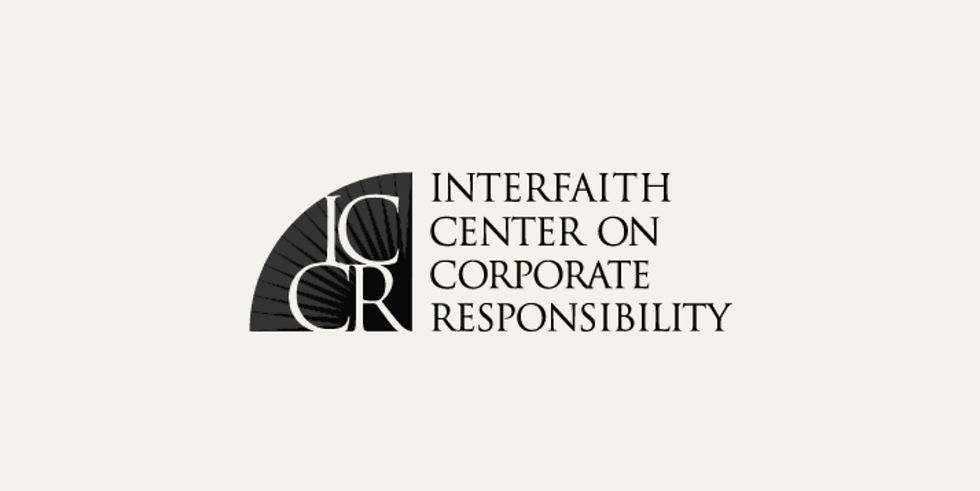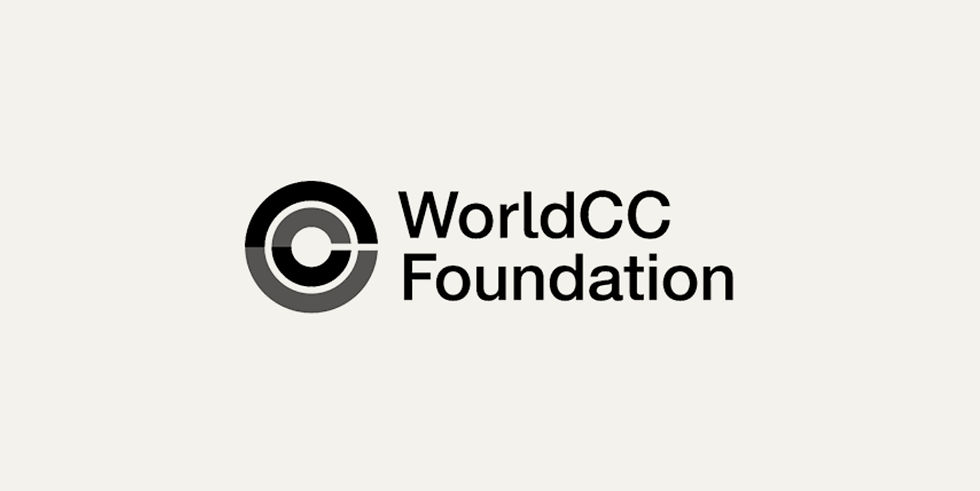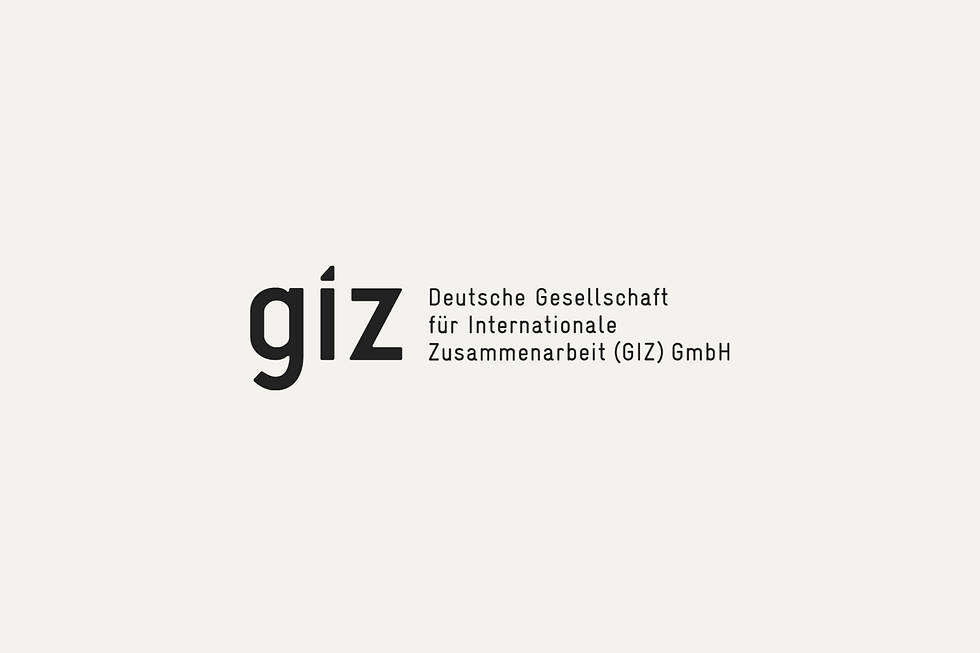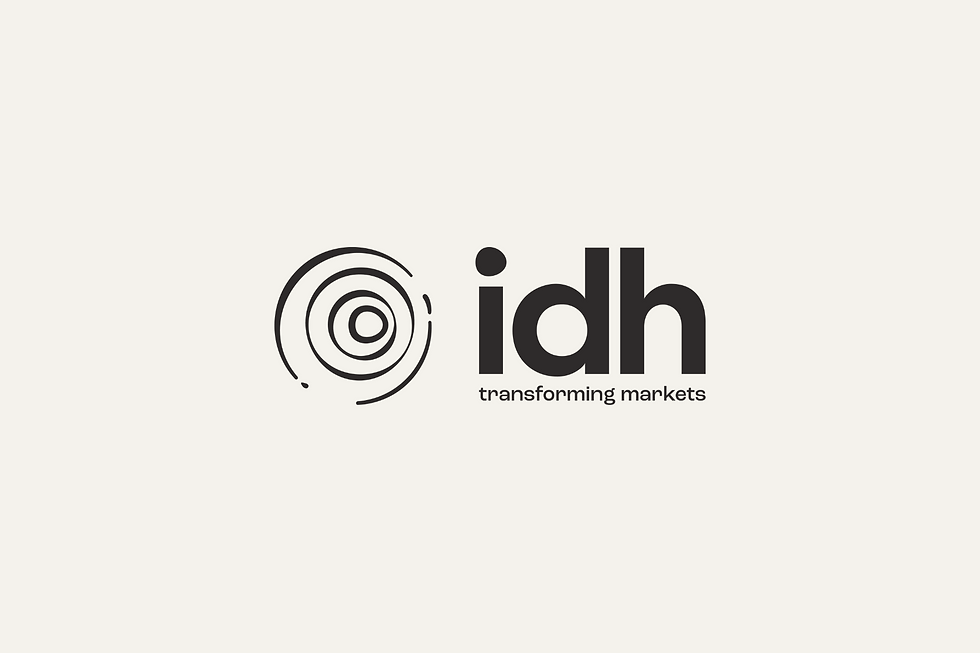About RCP
RCP’s mission is to drive better outcomes for people and the planet through better, more Responsible Contracts. Responsible Contracts commit both parties—buyers and suppliers—to each do their part to uphold human rights and environmental standards and work together to address problems that arise.
RCP's international team of legal and business and human rights experts collaborates with companies, investors, and public and private standard-setters to integrate the core principles of Responsible Contracting and achieve closer alignment with the UN Guiding Principles on Business and Human Rights (UNGPs), the OECD Guidelines for Multinational Enterprises, and the OECD Due Diligence Guidance for Responsible Business Conduct.
Our Workstreams
RCP aims to transform the role of contracts in managing human rights and environmental (HRE) risks through four main types of engagement:
1. Governmental organizations: including lawmakers, regulators, and enforcement agencies
2. Companies: individual and groups of companies, as well as consultancies
3. Private standard-setters: including certification schemes, industry and membership associations, and benchmarking organizations
4. Investors: including mainstream, faith-based, and impact investors.
Our Services

The RCP Toolkit
RCP offers multiple open-source tools for due diligence-aligned contracting, including model contract clauses, codes of conduct, implementation guidance, and policy briefs. The tools can be selected, edited, and adapted as users see fit. Access the Toolkit here.

Informational Seminars
During our high-level, informational sessions, which are offered virtually or in-person, RCP Team members explain why contracts matter for human rights and environmental (HRE) risk management, how companies usually get contracts wrong, and how responsible contracting can help achieve better HRE outcomes and legal compliance. These webinars are typically provided at no cost and last about one hour. They serve as an initial step in establishing new partnerships and collaborations.

Deep Dive Workshops and Trainings
During its deep-dive workshops and trainings, the RCP Team will go over the why and what of responsible contracting in closer detail, discuss specific model contract clauses from the RCP Toolkit, and lead group exercises where participants (e.g., companies, consultancies, law firms, civil society groups, investors) work with the clauses, using different scenarios.
RCP may charge a fee for these workshops or trainings, which can take place in person, hybrid, or virtually.

Gap Analyses
RCP conducts various types of gap analyses to assess due diligence alignment. The analysis can focus on the gaps between a company’s (or group of companies’) supply contracts and one or more of the following:
-
The company’s own code of conduct
-
HREDD laws, e.g., the EU Corporate Sustainability Due Diligence Directive
-
Model clauses from the RCP Toolkit
We can also provide a gap analysis between the company’s code of conduct and the HREDD laws, or RCP's own Buyer Code of Conduct.
The gap analyses are designed to help organizations better integrate due diligence into their operations, contracts, and codes of conduct. They are typically provided on a fee basis over the course of a couple of months.
March 25, 2026 — RCP is participating in “Contracts that Create Sustainable Outcomes: Advancing Responsible & Inclusive Contracting," a webinar organized by the WorldCC Foundation that explores how contracts can drive meaningful environmental, social, and human rights outcomes across supply chains. The discussion is moderated by Nikki Mackay of the WorldCC Foundation, and features RCP Director Sarah Dadush; Anne Ketola of Tampere University and the Jargonfree Project; and Becky Annison of The Chancery Lane Project.












